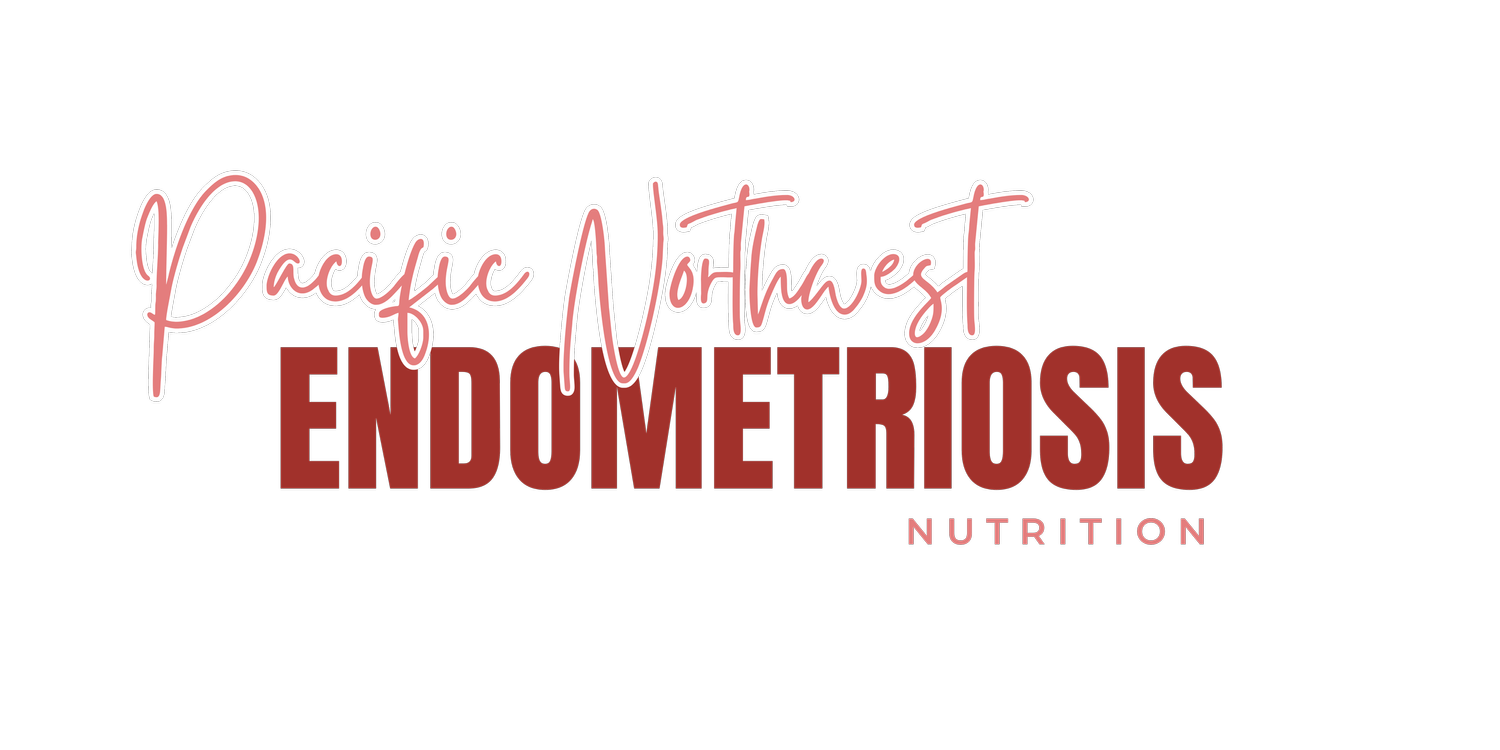Magnesium for Endometriosis Relief
If you have endometriosis, you know the struggle is real when it comes to managing pain, fatigue, digestive woes, and heavy bleeding. But what if there was a natural approach to help manage these symptoms and empower you to live a happier, healthier life? Enter magnesium, a powerful mineral that might become one of your favorite tools in the fight against endometriosis symptoms.
Magnesium for Endometriosis: A Multifaceted Approach
Magnesium plays a vital role in over 300 bodily functions, and for women with endometriosis, it can be a game-changer. Here's how:
Pain Relief: Magnesium has natural muscle relaxant properties, potentially helping to ease the cramps and pelvic pain associated with endometriosis.
Sleep Support: Ensuring adequate magnesium levels can promote better sleep quality, which is crucial for overall well-being.
Digestive Aid: Magnesium helps regulate digestion, potentially reducing bloating and constipation, common symptoms of endometriosis.
Balances Hormones As a component of hundreds of enzyme reactions, magnesium supports ovulation, hormonal balance, and detoxification of excess estrogen.
Finding Your Magnesium Match: Supplement Savvy
If you're considering supplementing with magnesium to manage your endometriosis symptoms, it's important to understand the different types available:
Magnesium Citrate: Highly bioavailable (easily absorbed) but can cause loose stools in some individuals. This type is a good option for those struggling with constipation associated with endometriosis.
Magnesium Glycinate: Gentle in nature and easily absorbed, magnesium glycinate is popular for individuals with sensitive stomachs or those prone to digestive issues.
Magnesium Malate: Combines magnesium with malic acid, potentially offering additional benefits for fatigue and muscle pain.
Magnesium Taurate: This may be helpful for anxiety and mood swings, often associated with endometriosis. It may also be beneficial in managing blood sugars.
Magnesium Oxide: While less bioavailable than other forms, magnesium oxide is a cost-effective option for individuals looking to boost their magnesium levels.
Magnesium Lactate: This form is well absorbed and easy on the digestive tract. It may be a good option for those who do not need support with constipation.
The recommended dietary allowance for adults is 310-420 mg of magnesium per day, depending on age, gender, and pregnancy or lactation status.
Top 10 Magnesium-Rich Foods
In addition to supplementation, incorporating magnesium-rich foods into your diet can provide a natural and sustainable way to increase your magnesium intake. Here are some top sources to consider:
Spinach (or other dark, leafy greens)
Pumpkin seeds
Almonds
Avocado
Dark chocolate
Quinoa
Black beans
Cashews
Edamame
Whole grains (such as brown rice and oats)
By incorporating these nutritious foods into your meals and considering supplementation under the guidance of a healthcare professional, you can harness the power of magnesium to support your journey towards managing endometriosis symptoms and improving your overall quality of life.
Ready to take control?
For more information on how you can manage endometriosis GI symptoms with nutrition, check out Managing Constipation and Gas with Endometriosis.
Don’t miss the Endometriosis Nutrition Guide and accompanying 4-week meal plan. This guide includes an evidence-based nutrition plan that is focused on anti-inflammatory foods and blood sugar balance.
This blog is intended to educate and inform and does not serve as medical advice or nutrition therapy.
McEwen B. Magnesium in the management of endometriosis. Journal of the Australian Traditional Medicine Society. 2021;27(1):18-20. https://search.ebscohost.com/login.aspx?direct=true&AuthType=ip,shib&db=c8h&AN=153872620&authtype=sso&custid=ns247570&site=eds-live&scope=site
Harris HR, Chavarro JE, Malspeis S, Willett WC, Missmer SA. Dairy-food, calcium, magnesium, and vitamin D intake and endometriosis: a prospective cohort study. Am J Epidemiol. 2013 Mar 1;177(5):420-30. doi: 10.1093/aje/kws247. Epub 2013 Feb 3. PMID: 23380045; PMCID: PMC3626048.
Chacko SA, Song Y, Nathan L, Tinker L, de Boer IH, Tylavsky F, Wallace R, Liu S. Relations of dietary magnesium intake to biomarkers of inflammation and endothelial dysfunction in an ethnically diverse cohort of postmenopausal women. Diabetes Care. 2010 Feb;33(2):304-10. doi: 10.2337/dc09-1402. Epub 2009 Nov 10. PMID: 19903755; PMCID: PMC2809271.
Fiorentini D, Cappadone C, Farruggia G, Prata C. Magnesium: Biochemistry, Nutrition, Detection, and Social Impact of Diseases Linked to Its Deficiency. Nutrients. 2021 Mar 30;13(4):1136. doi: 10.3390/nu13041136. PMID: 33808247; PMCID: PMC8065437.
https://ods.od.nih.gov/factsheets/Magnesium-HealthProfessional/
Nielsen FH. Effects of magnesium depletion on inflammation in chronic disease. Current Opinion in Clinical Nutrition and Metabolic Care. 2014 Nov;17(6):525-530. DOI: 10.1097/mco.0000000000000093. PMID: 25023192.


